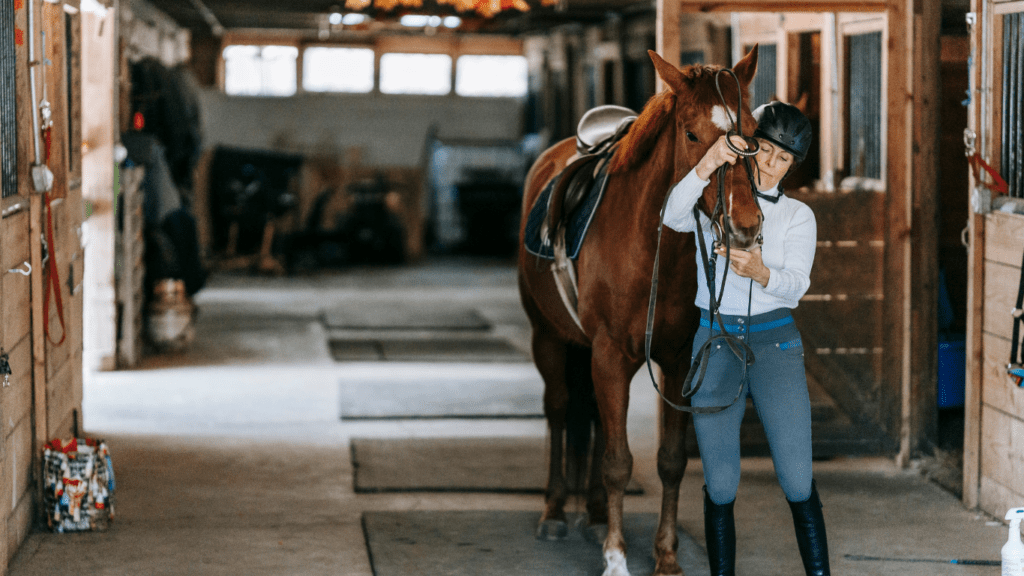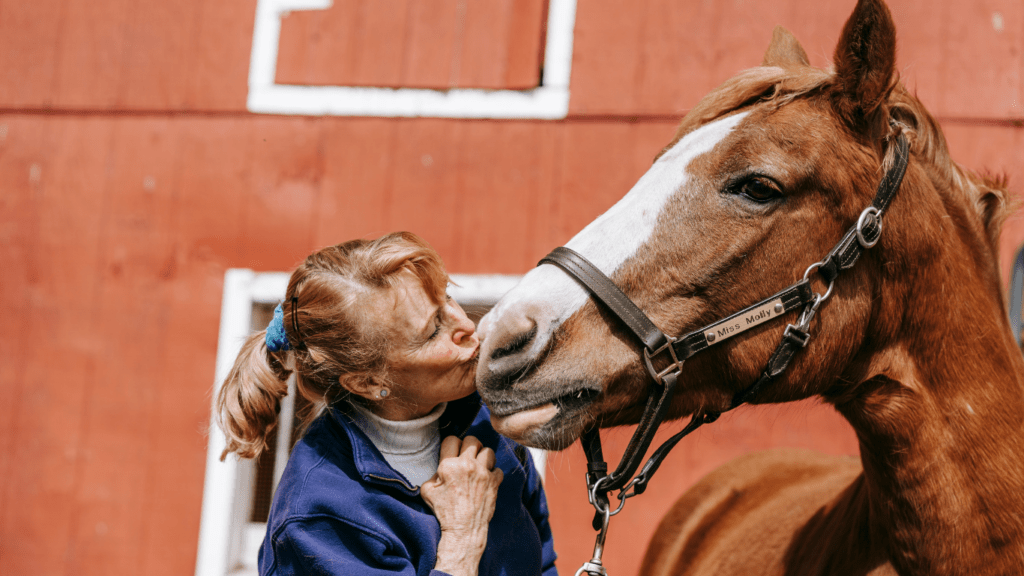As a seasoned horse racing enthusiast, I’ve learned that success in betting isn’t just about picking the fastest horse. It’s also about understanding the crucial role that trainers and stables play in shaping a horse’s performance on the track. In the world of horse racing bets, the reputation of the trainer and stable can often be the deciding factor between a winning wager and a losing one.
When placing bets on horse races, I’ve found that looking beyond the horse itself to the people behind the scenes can provide valuable insights. A reputable trainer with a history of success is more likely to have their horses in prime condition, ready to compete at their best. Similarly, a well-regarded stable with a track record of nurturing top-tier horses can give you an edge when making informed betting decisions.
In this article, we’ll delve into why the trainer and stable reputation are essential factors to consider when placing horse racing bets. By understanding the significance of these key players in the racing world, you can elevate your betting strategy and increase your chances of success at the track.
Overview of Horse Racing Bets
Familiarizing yourself with the world of horse racing bets is crucial for making informed decisions at the track. When it comes to horse racing, understanding the significance of trainer and stable reputation can greatly impact your betting strategy. It’s not just about picking the fastest horse; it’s about recognizing the key role that trainers and stables play in a horse’s performance.
Analyzing the history and track record of trainers and stables provides valuable insights that can give you an edge in the betting arena. By delving into the reputation and success rate of trainers and stables, bettors can enhance their ability to predict race outcomes accurately. This in-depth knowledge allows you to make strategic decisions that increase your chances of success when placing horse racing bets.
The Role of Trainers in Horse Racing
When it comes to horse racing, understanding the influence of trainers is essential for successful betting. Trainers play a significant role in shaping a horse’s performance on the track, making them a crucial factor to consider before placing bets.
- Trainer Influence on Performance
Trainers have a direct impact on a horse’s training regimen, preparation, and overall racing strategy. A skilled trainer can optimize a horse’s potential by fine-tuning its fitness, technique, and mental readiness. By analyzing a trainer’s methods and past performance, bettors can gauge how well a horse is likely to perform under their guidance.
- Factors Affecting Trainer Reputation
Several factors contribute to a trainer’s reputation in the horse racing industry. Consistent success in races, the ability to develop talented horses, and effective communication with jockeys and owners are key elements that shape a trainer’s standing. Additionally, factors like training facilities, resources, and experience all play a role in establishing a trainer’s credibility and track record.
The Significance of Stable Reputation
Stable reputation holds immense importance in horse racing bets. Trainers and stables play a pivotal role in shaping a horse’s performance on the racetrack. As a bettor, I understand that successful betting extends beyond merely picking the fastest horse. Evaluating the reputation of trainers and stables is crucial for making informed decisions.
Trainers significantly influence a horse’s training routine, preparation, and overall racing strategy. I recognize the impact that a trainer’s expertise can have on a horse’s performance. Factors such as a trainer’s track record, success rate, and ability to nurture talented horses are vital considerations when assessing a horse’s potential under their guidance.
Analyzing the reputation of stables provides valuable insights that can aid me in making strategic betting choices. By studying the track records of different stables, I can gain a better understanding of how well a particular horse may perform based on the environment and training methods employed by the stable. This knowledge enables me to make more informed and calculated bets, increasing my chances of success in horse racing wagering.
Analyzing Trainer and Stable Reputation in Betting
Considering trainer and stable reputation is fundamental in making strategic horse racing bets. Trainers significantly influence a horse’s performance through their training methods and racing strategies. Evaluating a trainer’s success rate, ability to develop talented horses, and training techniques is essential for informed betting choices. Similarly, assessing stable reputation offers valuable insights into the quality of care, training, and management that a horse receives.
Trainers play a crucial role in shaping a horse’s racing career. Their expertise, experience, and track record are key factors to consider when placing bets. A trainer’s success rate in previous races reflects their proficiency in preparing horses for competitions. For instance, a trainer with a high win percentage suggests a strong ability to train and condition horses effectively.
Furthermore, a trainer’s capability in developing talented horses is a critical aspect to analyze. Some trainers excel in nurturing young or inexperienced horses to reach their full potential. Understanding a trainer’s strengths in this area can give bettors an edge in predicting how well a horse under their guidance may perform in upcoming races.
Stable reputation is another vital element to evaluate in horse racing bets. A reputable stable indicates high standards of care, management, and training for their horses. By assessing the reputation of a stable, bettors can gauge the overall quality of support that a horse receives off the track. This evaluation provides valuable insights into a horse’s well-being, which can affect its performance on race day.
Analyzing both trainer and stable reputation is essential for making informed and calculated betting decisions in horse racing. By considering these factors, bettors can increase their chances of success by aligning their wagers with horses that have the advantage of superior training and care.


